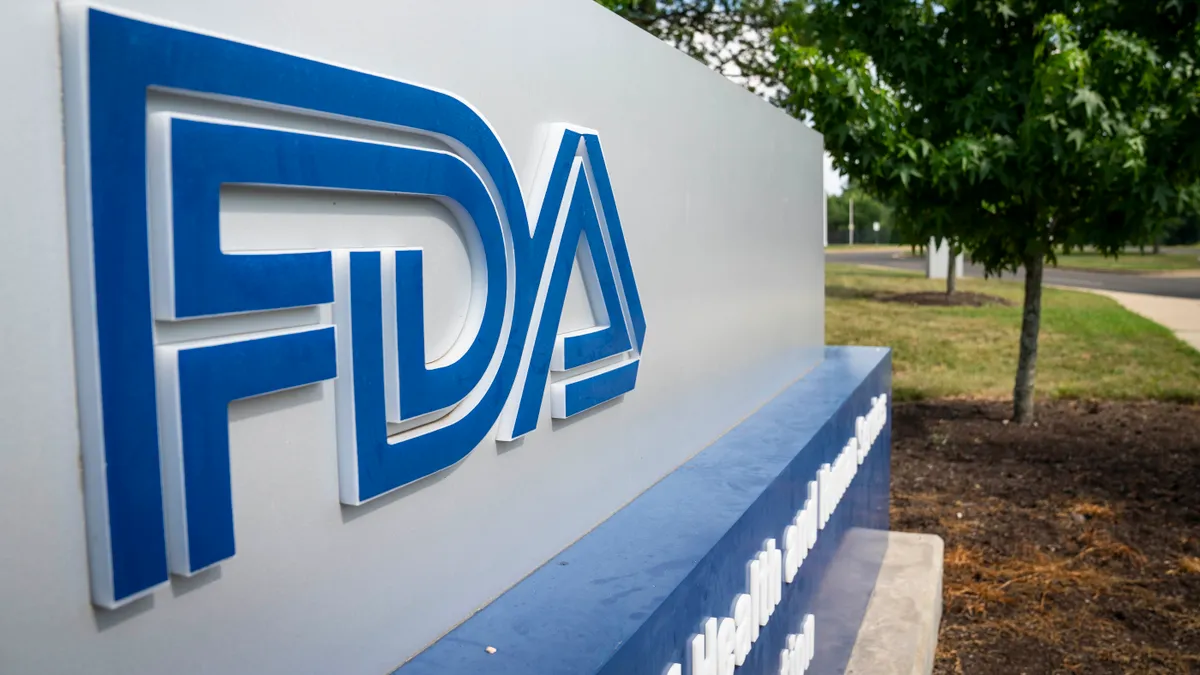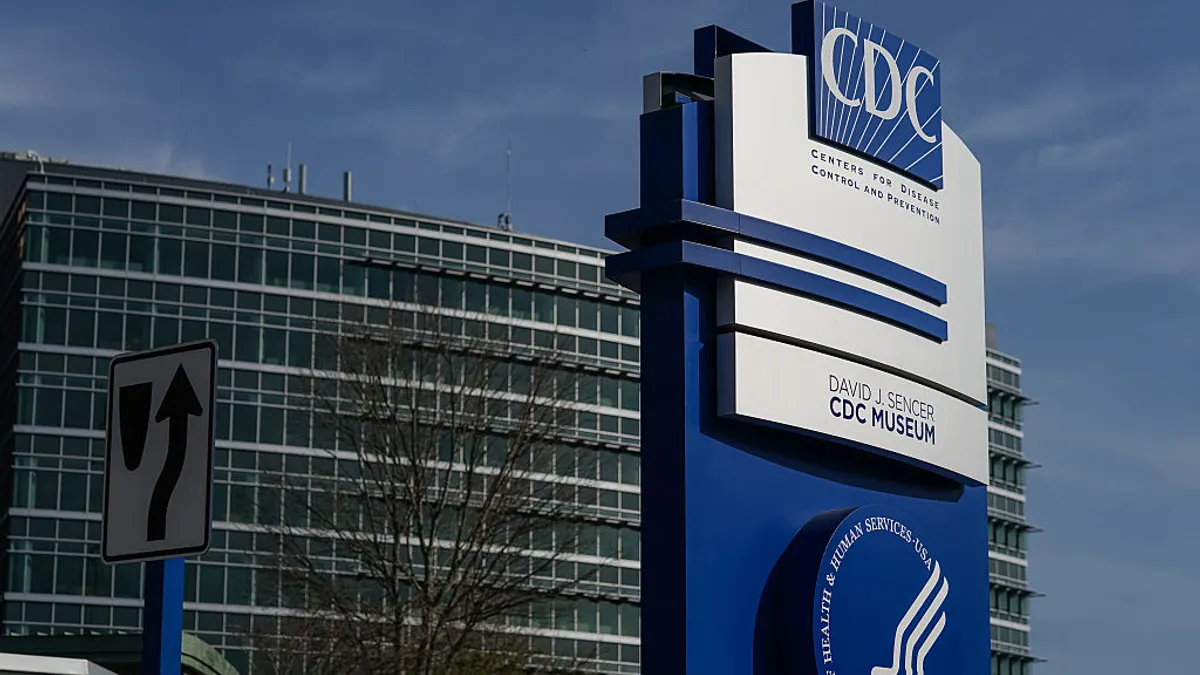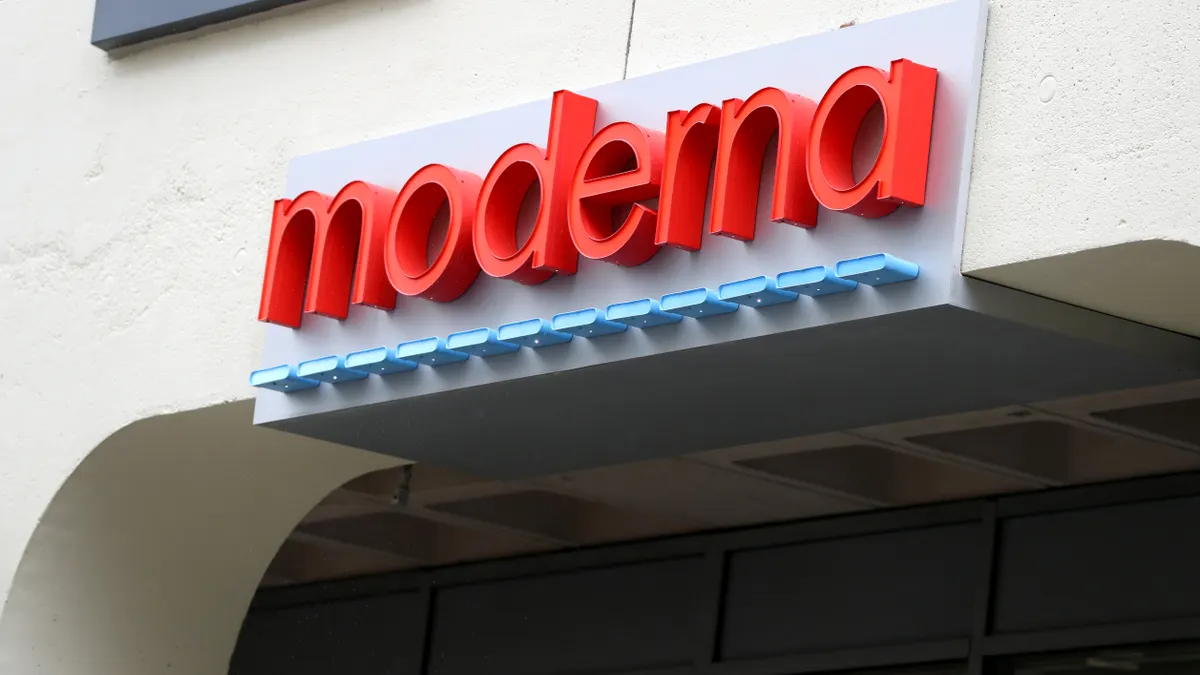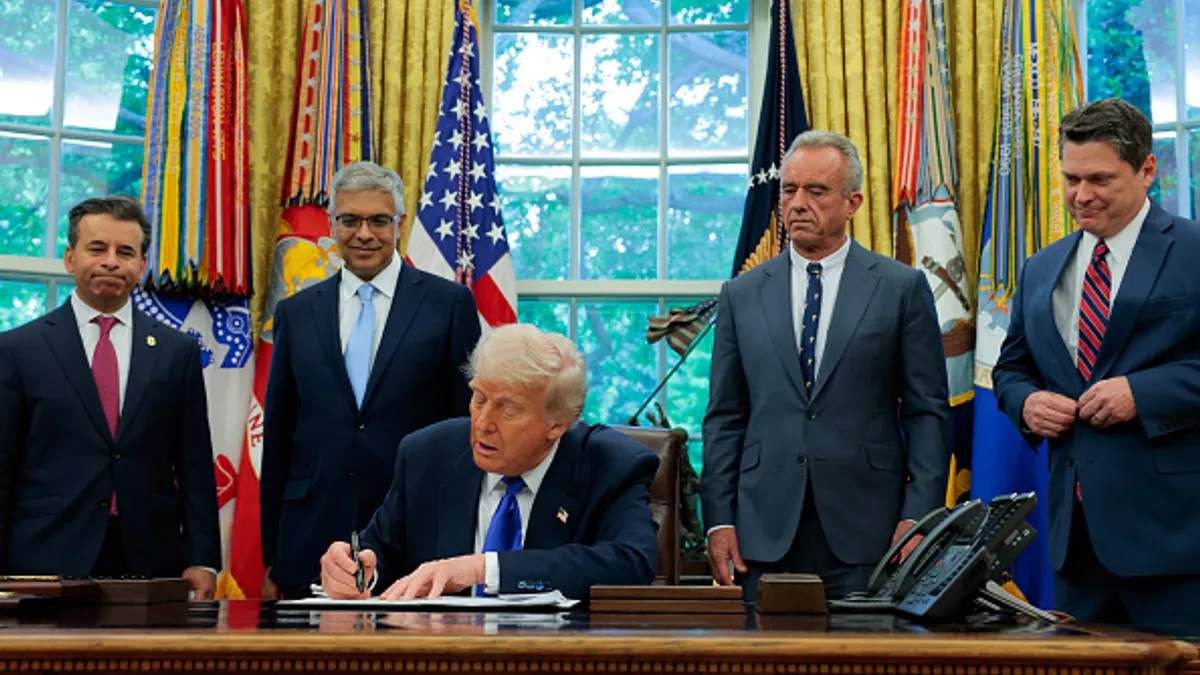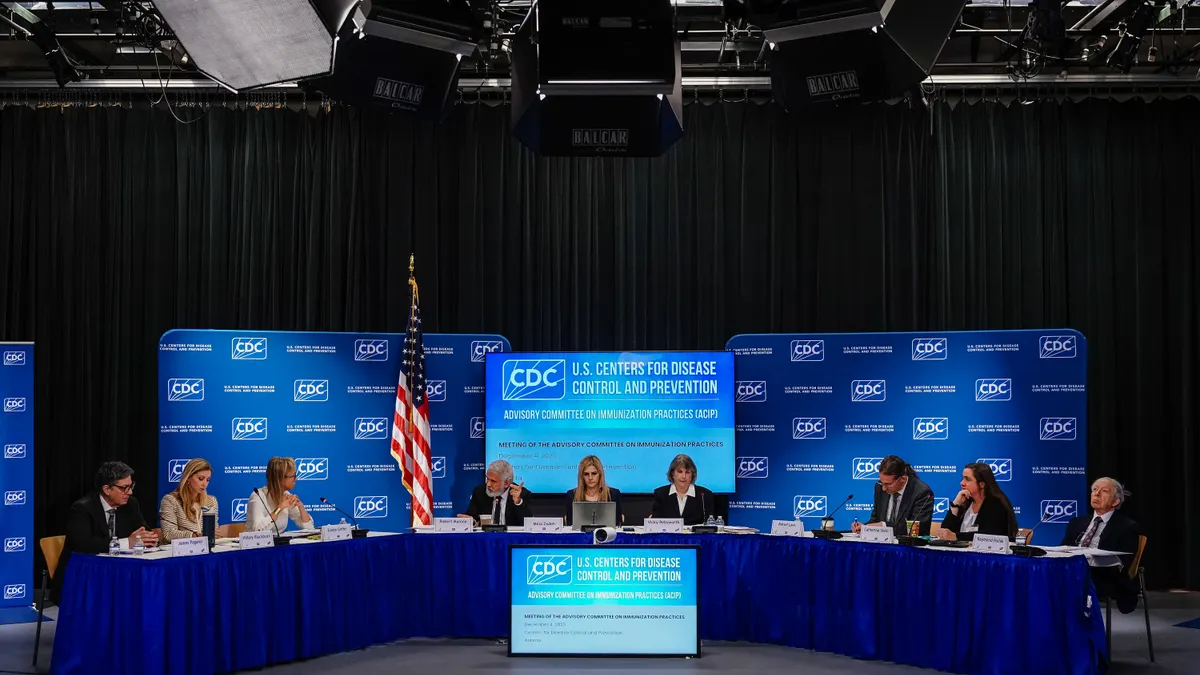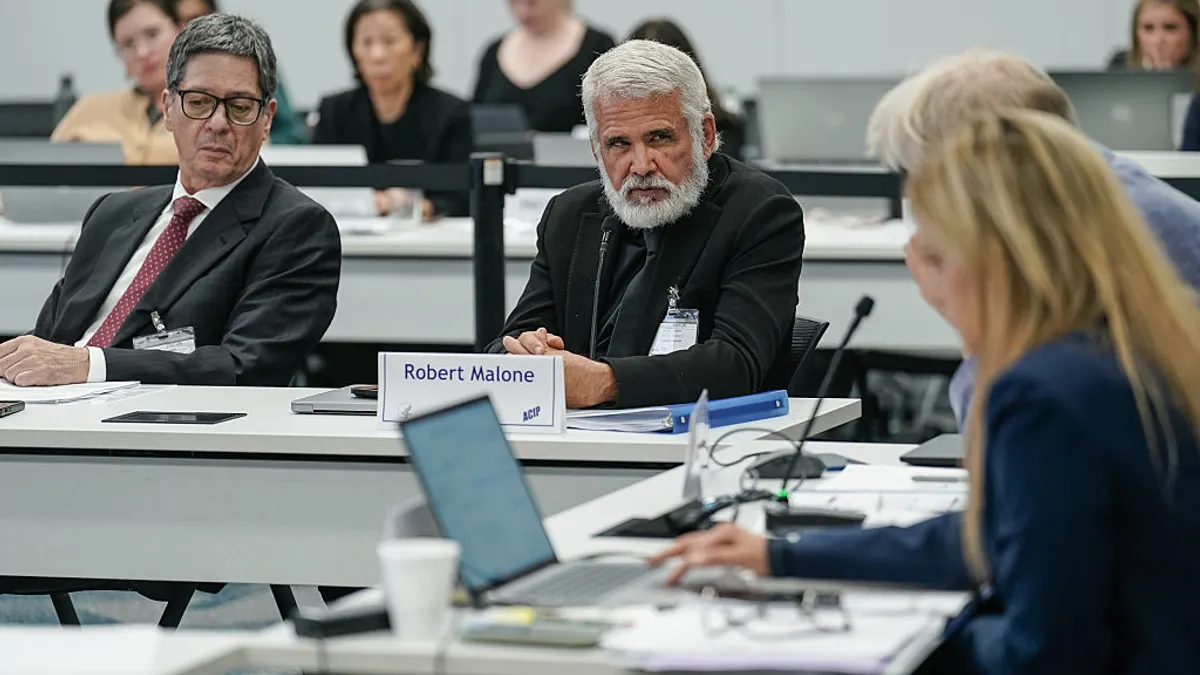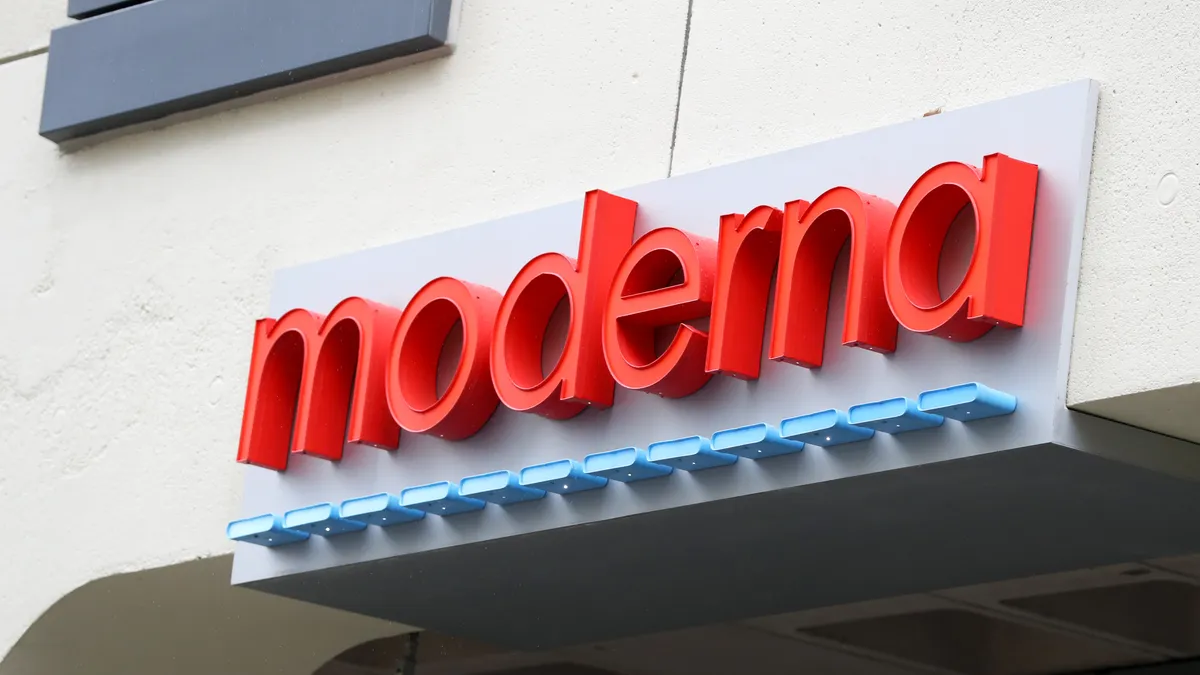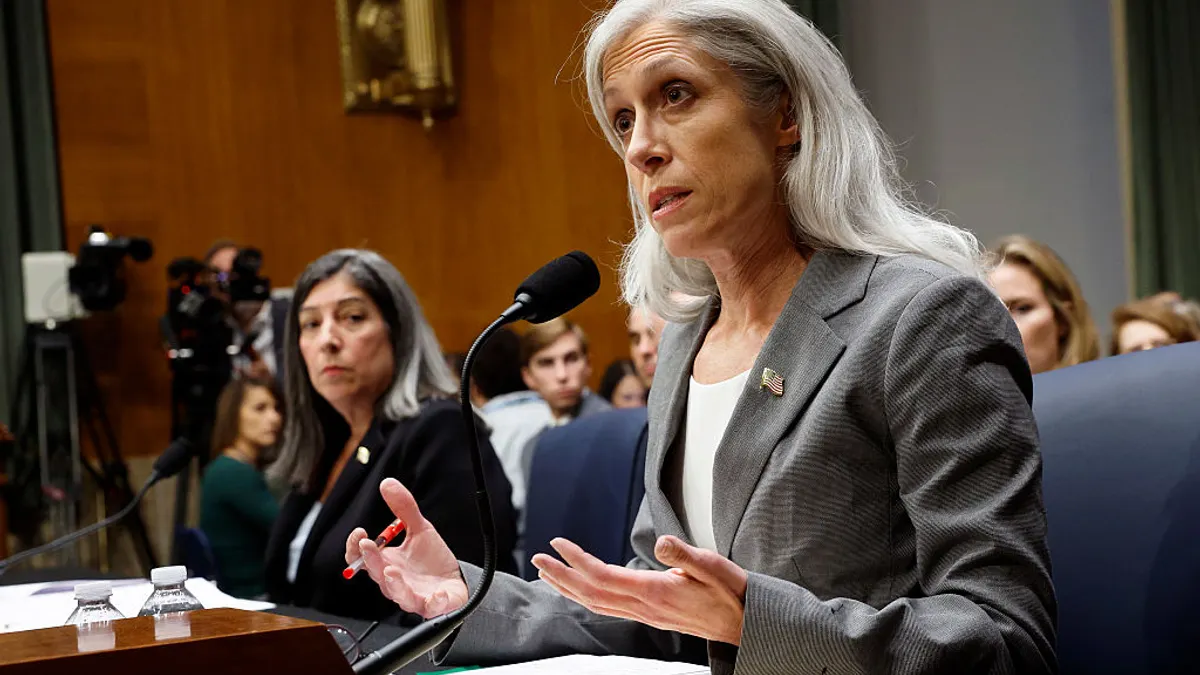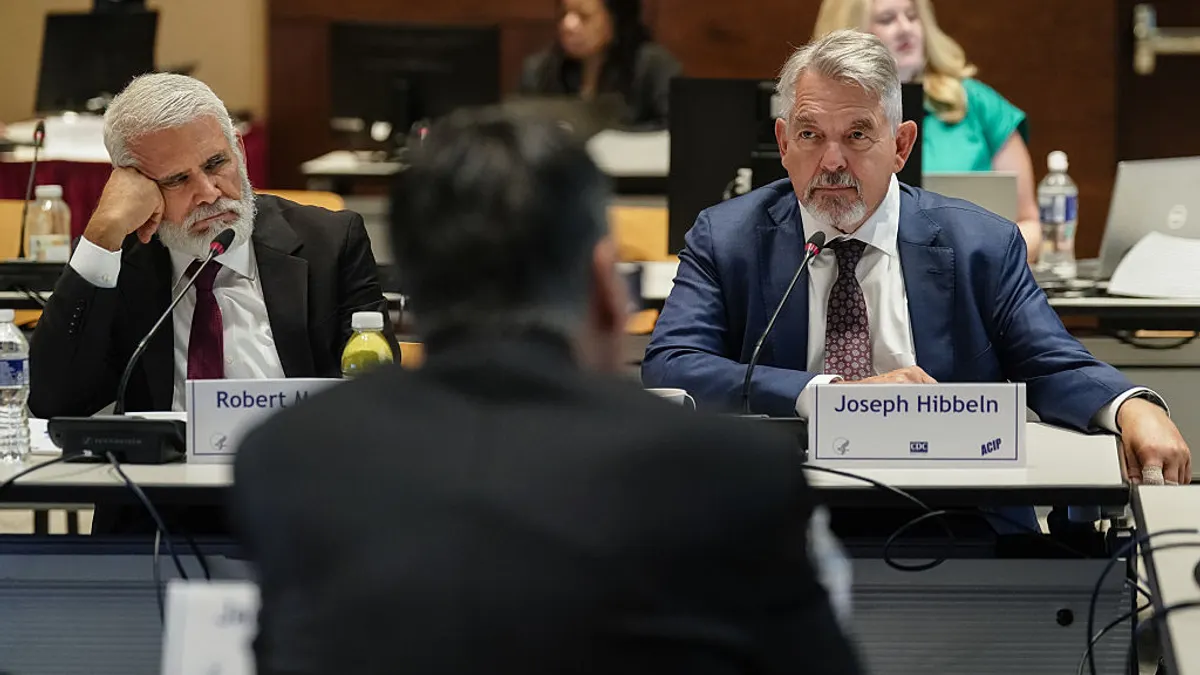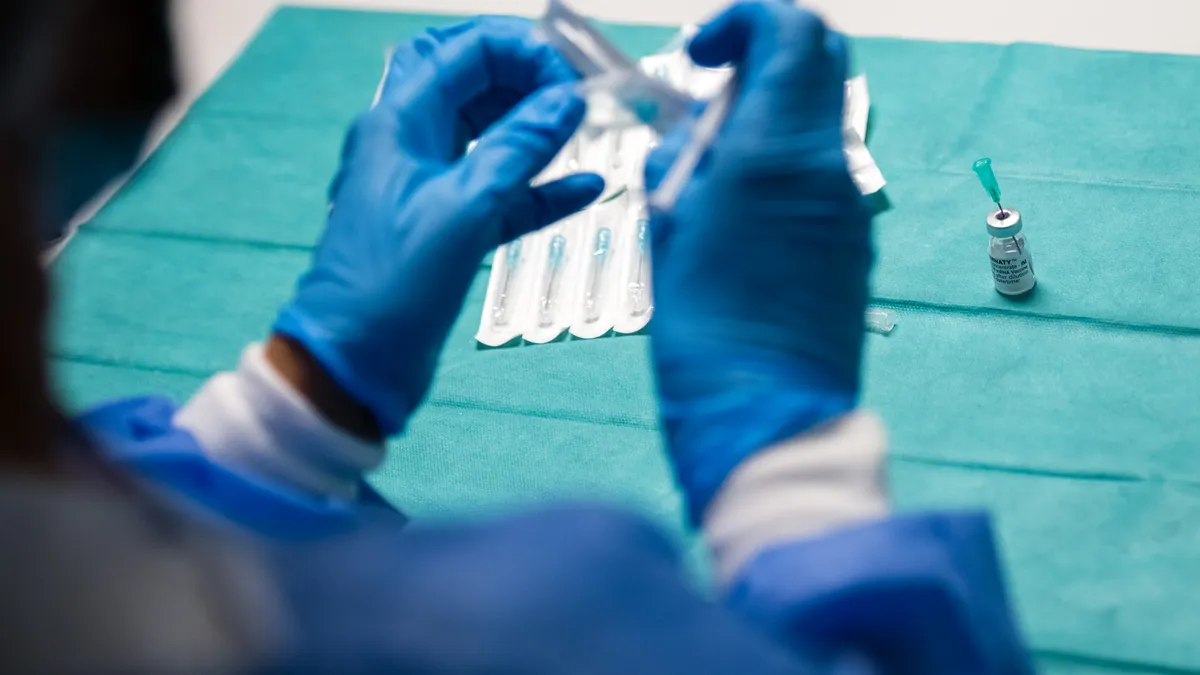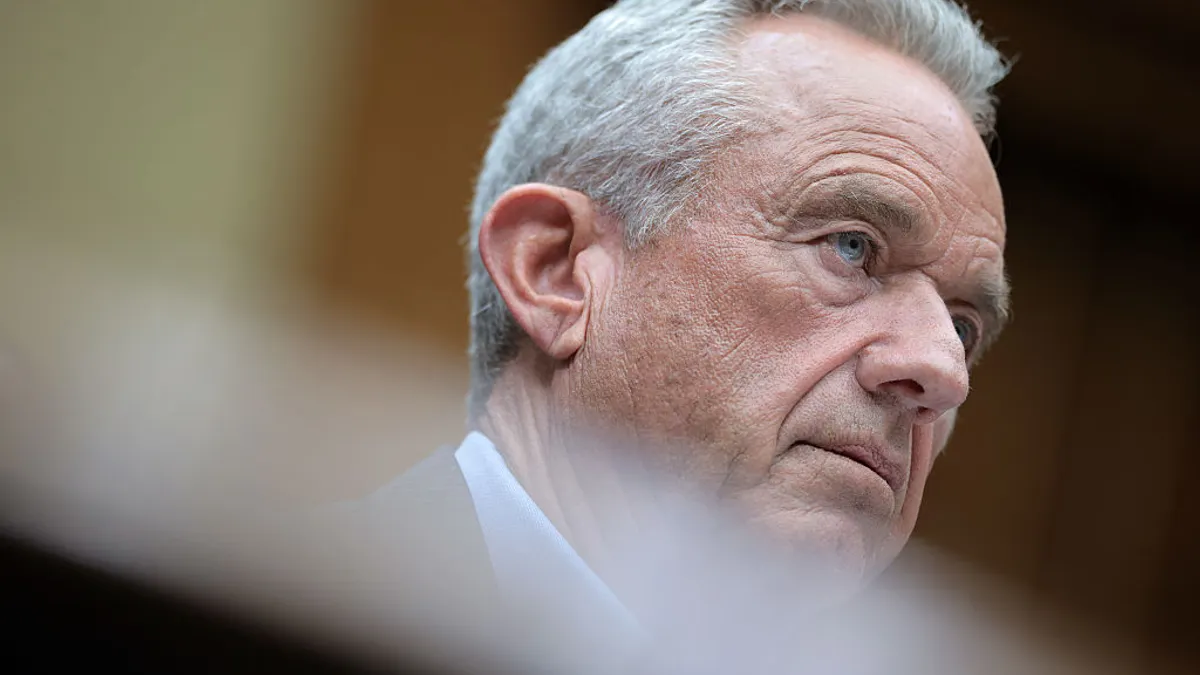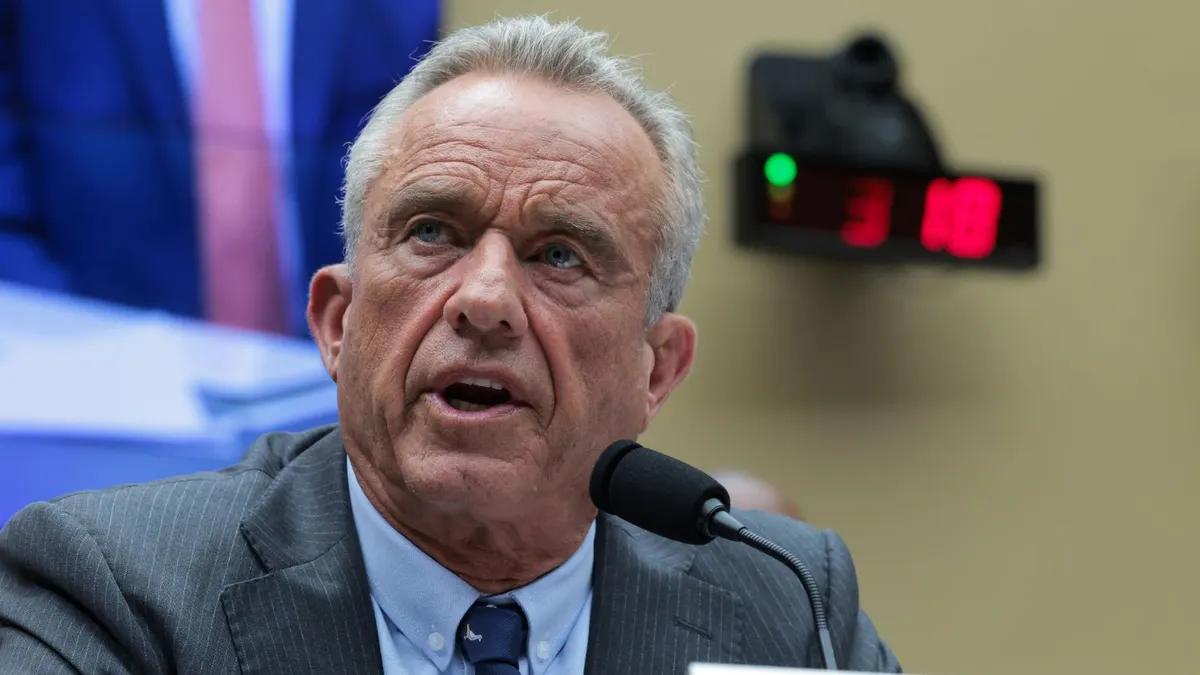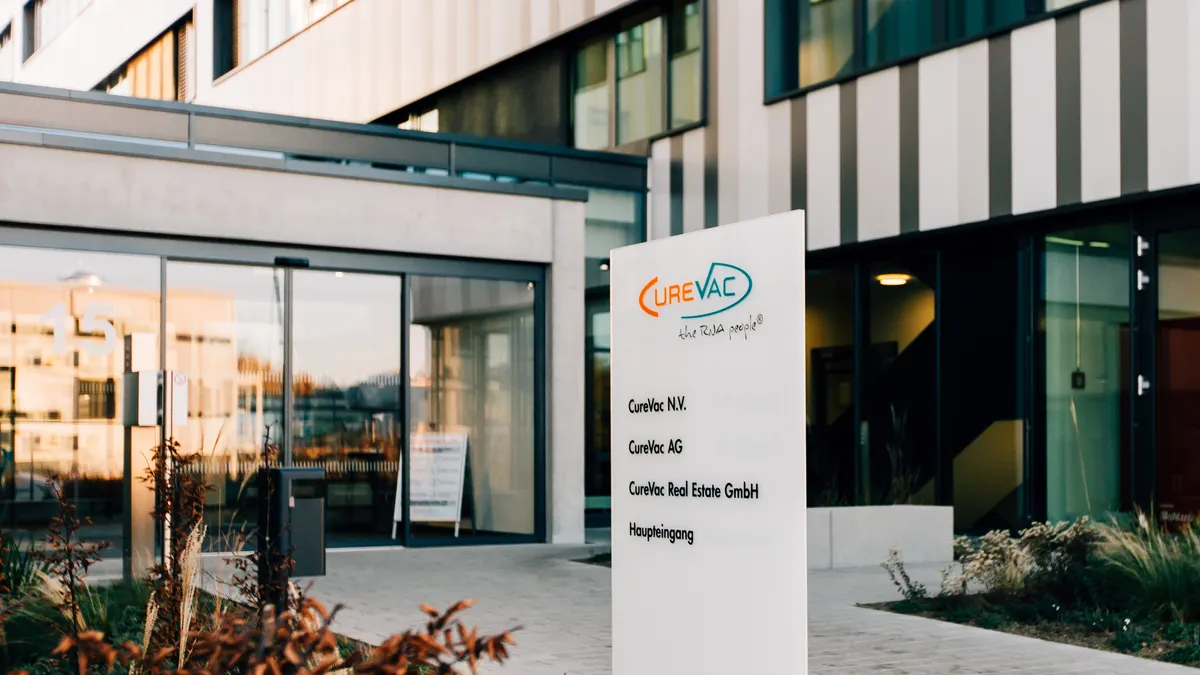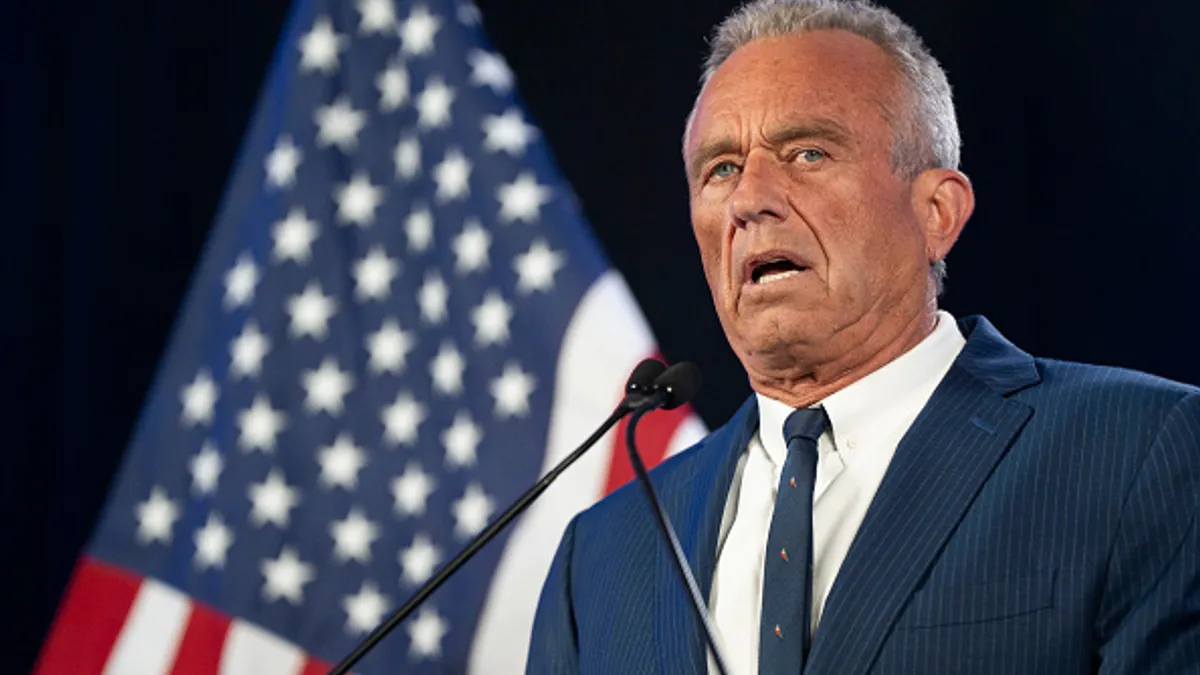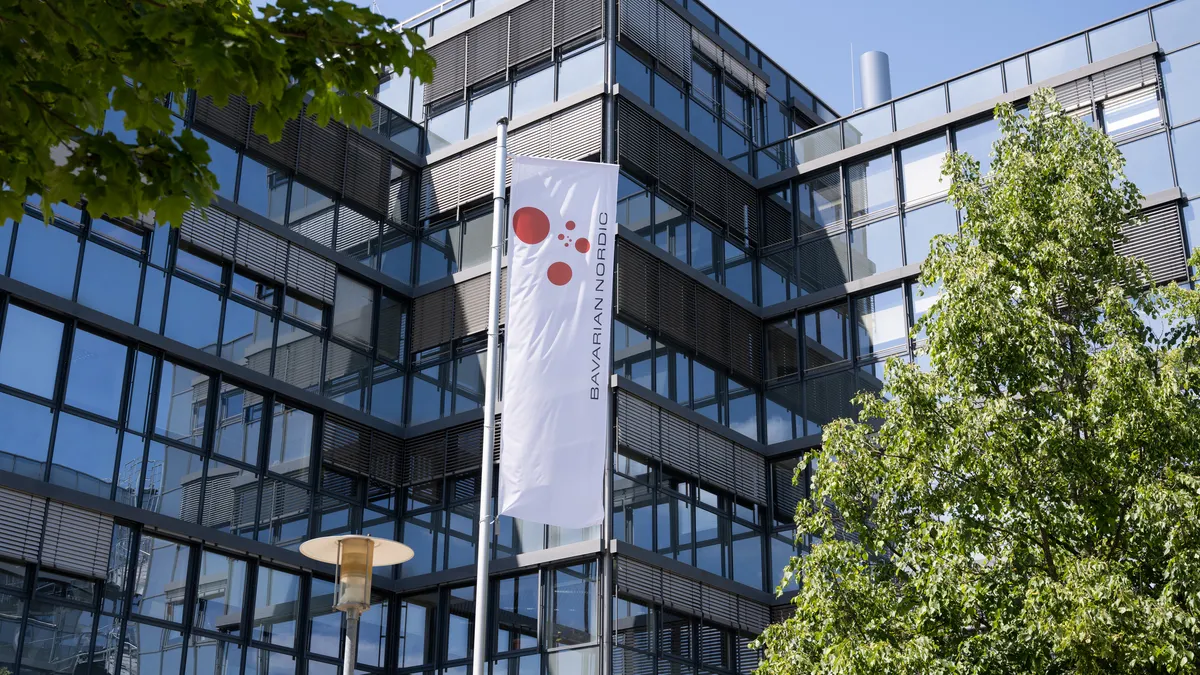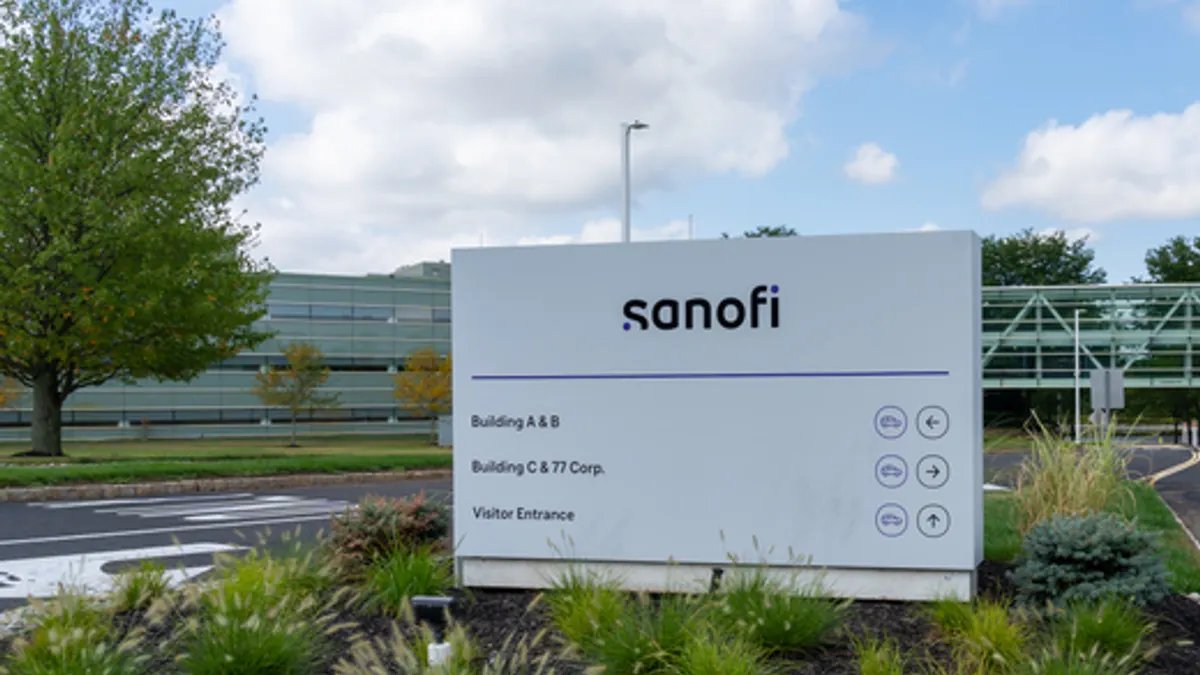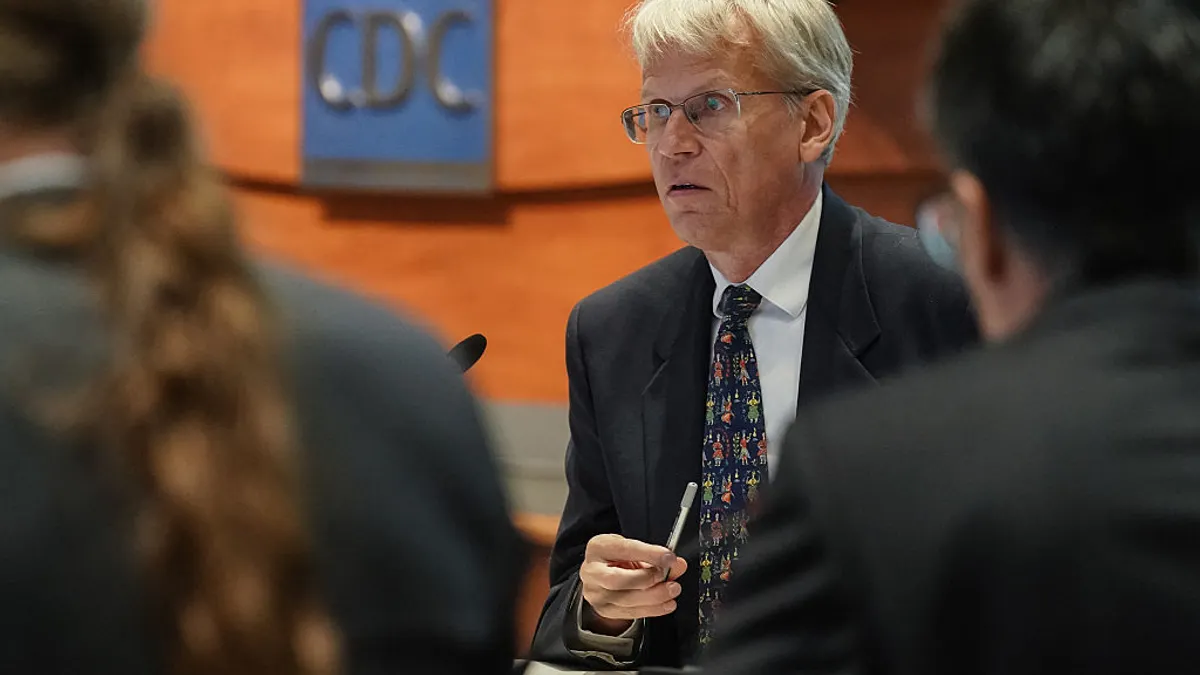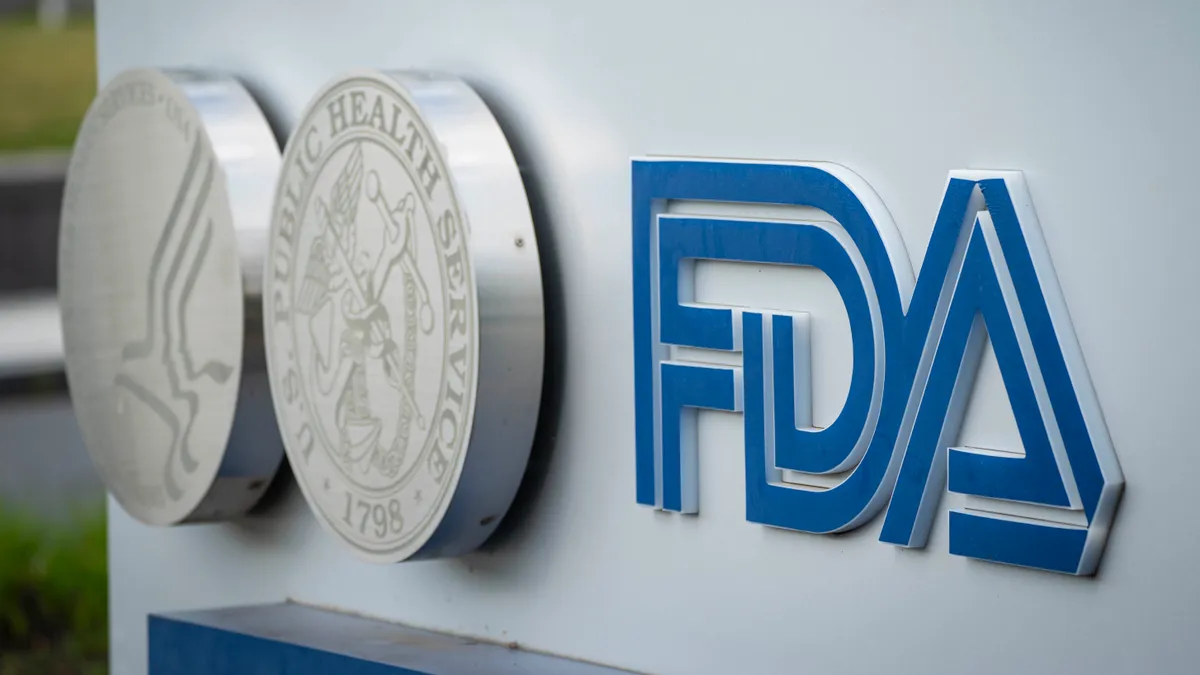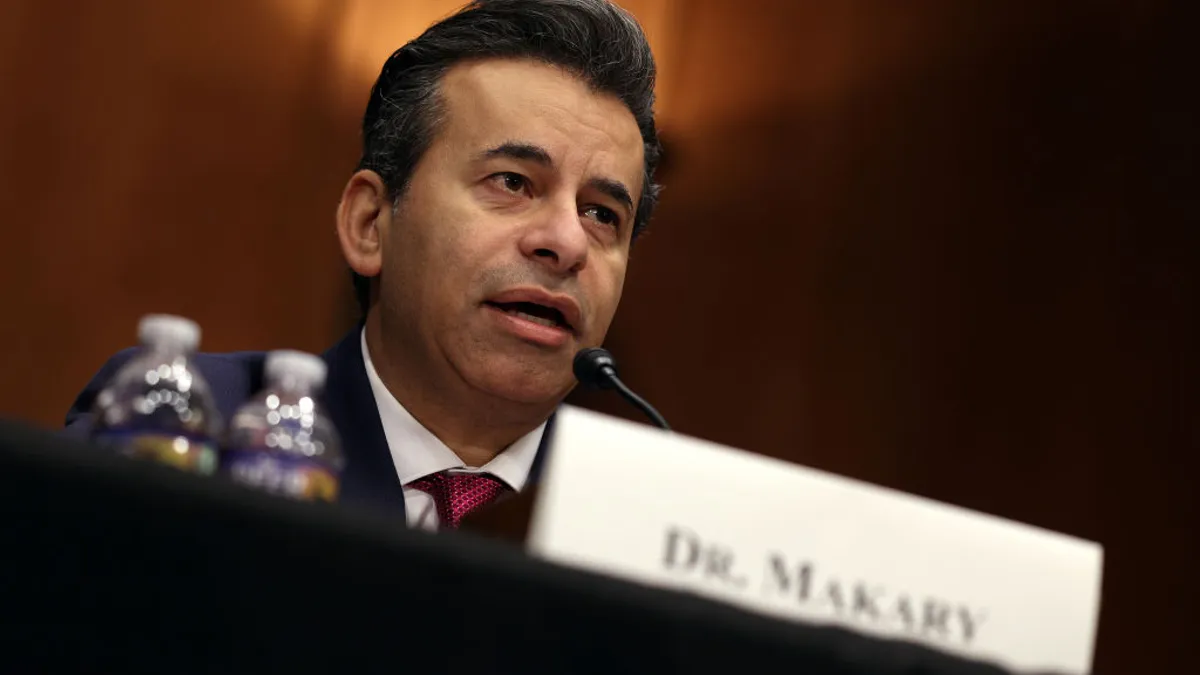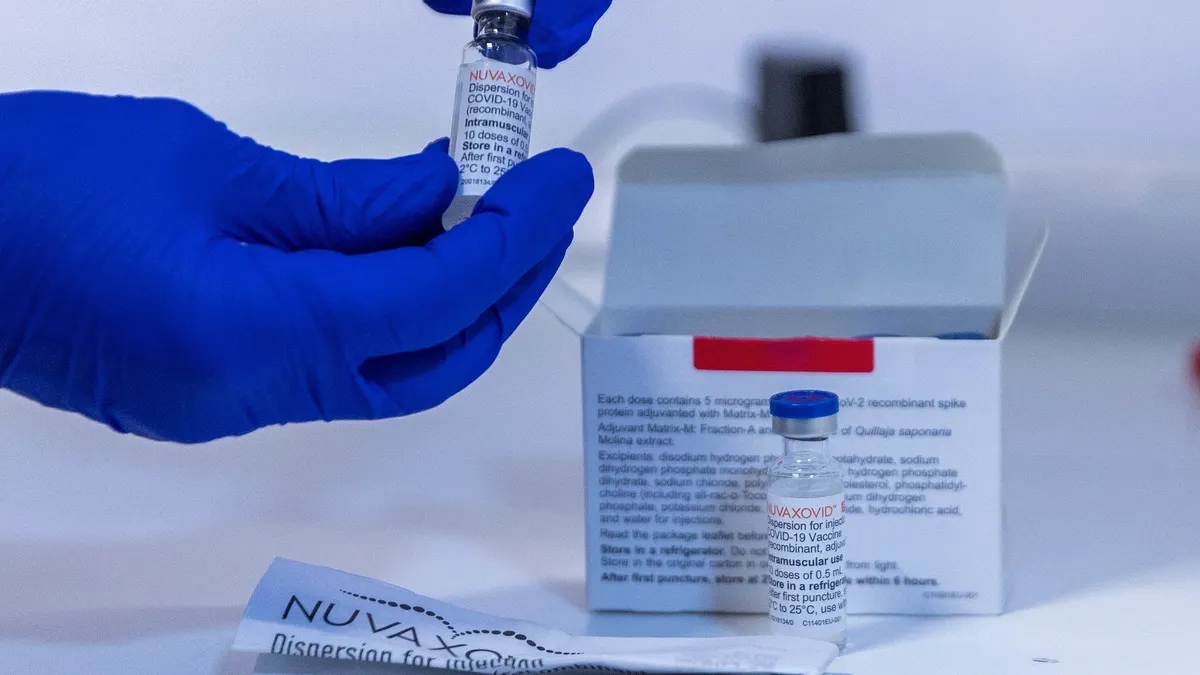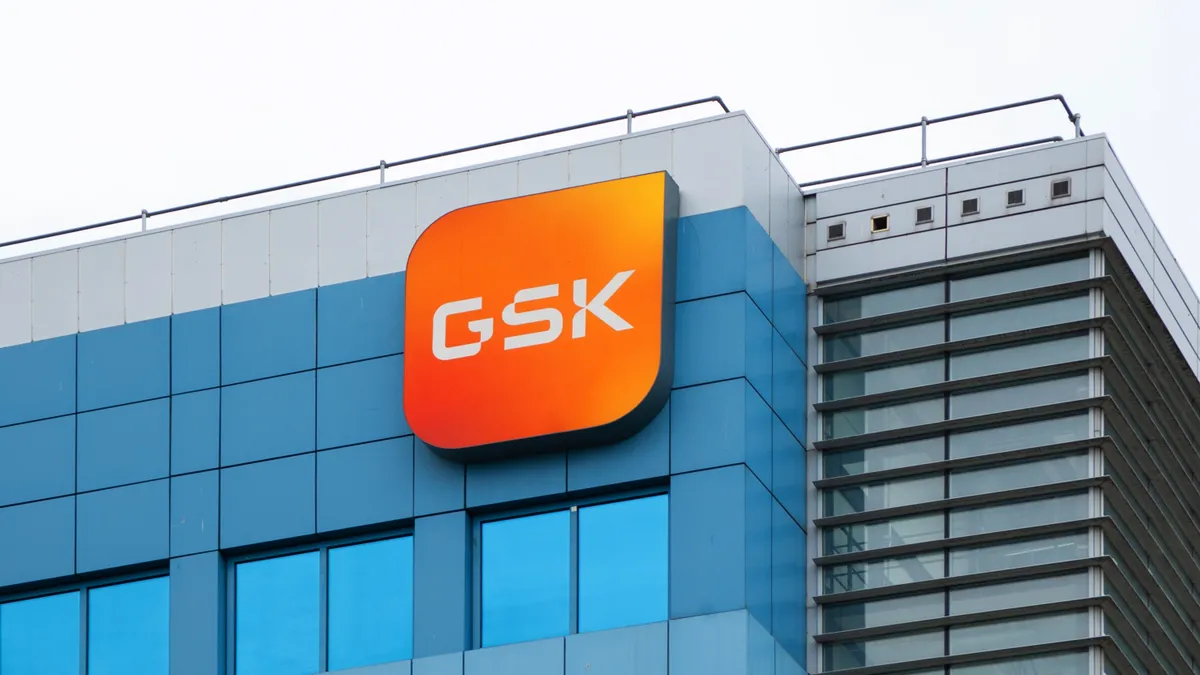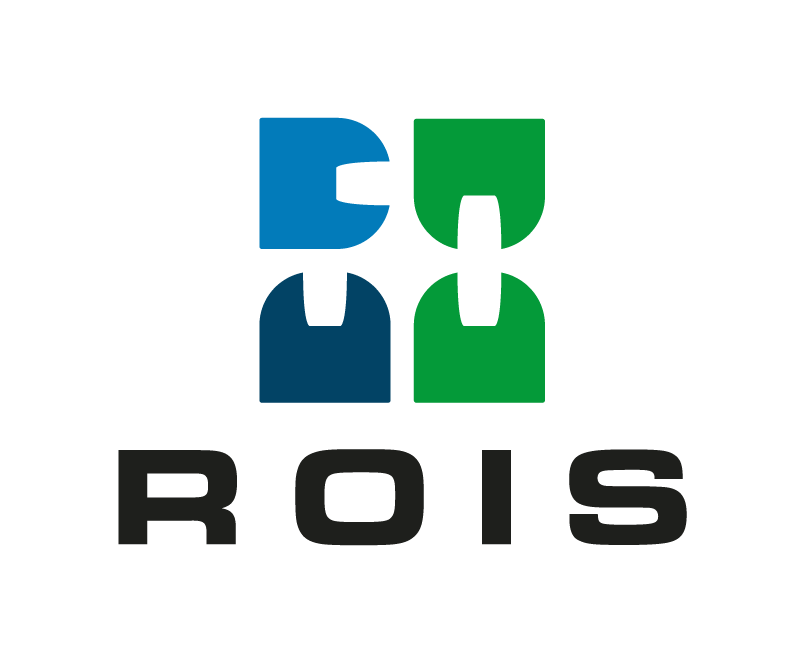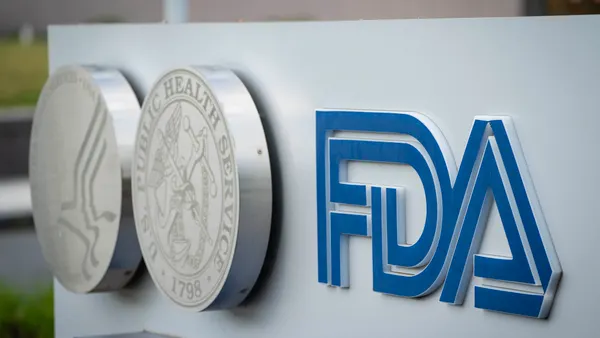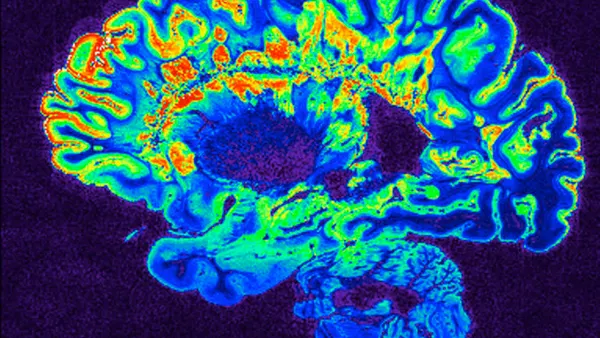The Food and Drug Administration has suspended the license of Valneva’s chikungunya vaccine following new reports of serious adverse reactions, sending shares in the French drugmaker sharply lower on Monday.
In a statement Friday, the agency said its decision was based on concerns the shot “appears to be causing chikungunya-like illness in vaccine recipients.” More than 20 cases of side effects consistent with the disease have been reported, including one death from encephalitis that the FDA said was “directly attributable” to the vaccine, called Ixchiq.
Vinay Prasad, head of the FDA office that oversees vaccines, wrote in a memo that “there are reasonable grounds” to conclude Ixchiq’s risks outweigh its benefits and therefore the vaccine “poses a danger to health.”
Prasad, who briefly departed the agency earlier this summer amid controversy over a gene therapy for Duchenne muscular dystrophy, said his office intends to propose withdrawing Ixchiq from market entirely. For now, the suspension of the vaccine’s license means Valneva needs to halt marketing.
Ixchiq was the first vaccine to gain U.S. clearance for prevention of illness caused by the chikungunya virus, which typically spreads through the bite of infected mosquitoes. Infection can cause fever, joint and muscle pain, and headaches — symptoms which can be both lasting and debilitating in some.
However, the vaccine has come under heavy scrutiny following mounting reports of serious adverse events, which include 21 hospitalizations and three deaths. One of the individuals who died following vaccination tested positive for the chikungunya strain contained in Ixchiq, which is made from a live, but weakened version of the virus.
The European Medicines Agency temporarily suspended use of the vaccine for older adults in May, as did the FDA. The U.S. agency lifted its suspension earlier this month, adding new warnings to the shot’s label and changing its indication to cover adults 18 years and older who are at high risk of exposure to chikungunya.
Following that decision, however, the FDA became aware of four additional adverse events, including a 55-year-old man who developed symptoms potentially matching meningitis or encephalopathy.
Valneva said it will continue to investigate the cases and “if warranted” take additional steps. Shares in the company fell over 20% in Monday morning trading.
“Valneva remains fully committed to maintaining access to our vaccine as a global health tool for addressing and preventing outbreaks of this devastating illness,” Valneva CEO Thomas Lingelbach said in a statement. “We aim to continue providing Ixchiq to all countries where the product is licensed and continue our efforts with our partners to accelerate vaccine access in low-and-middle-income chikungunya-endemic countries.”
Valenva is not yet modifying its revenue forecasts, but said it would evaluate the “potential financial impact” of a permanent withdrawal of Ixchiq in the U.S. Sales of the shot contributed 7.5 million euros, or about $8.75 million, to the company’s 91 million euros in total product sales between January and June. Most of that was due to delivery of vaccines in response to an outbreak of chikungunya in the French island territory of La Reunion.
Analysts, meanwhile, are making adjustments. Stifel’s Damien Choplain wrote in a note to clients Monday that his team is lowering its peak sales estimate for Ixchiq to 34 million euros from 85 million euros previously. The shot, he wrote, is no longer central to the company’s investment prospects, which are instead rooted in a Lyme disease vaccine it’s developing.



